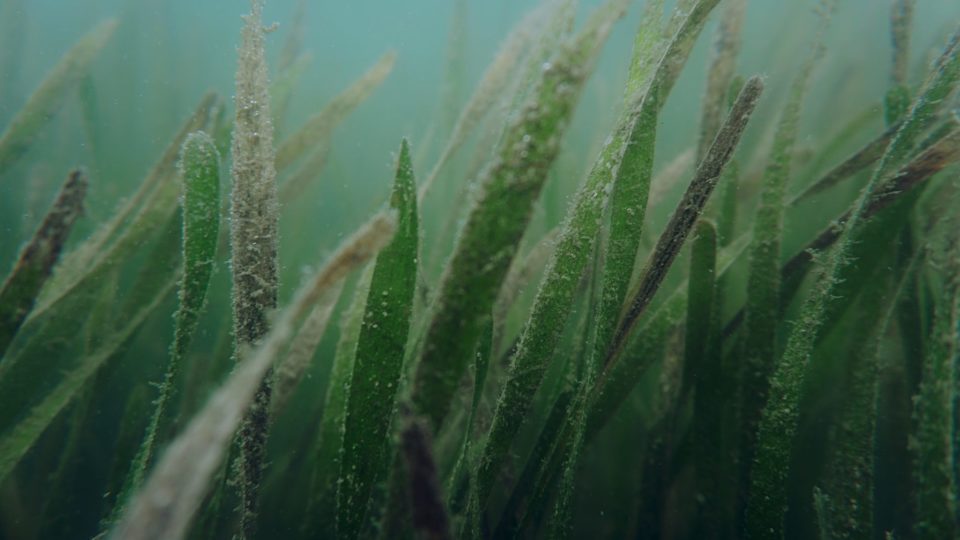Experts from Wetlands International – European Association member the Zoological Society of London (ZSL) and the University of Portsmouth have published a toolkit on how to restore seagrass habitat, which can tackle climate change and biodiversity loss.
The Seagrass Restoration Handbook is a pioneering ‘how to’ handbook full of practical guidance for local authorities, community partnerships, charities and environmental organisations who want to actively restore seagrass beds. ZSL and the University of Portsmouth led an international team of seagrass experts to create the handbook, providing advice on finding a suitable site, distributing seagrass seeds, biosecurity measures, and obtaining a licence. By sharing scientific knowledge and research, this handbook will support groups to start restoration projects of their own.
Seagrass is the world’s only underwater flowering plant. It is vital for biodiversity and as a blue carbon store (a habitat that can absorb and store carbon dioxide), helping to tackle both the climate and biodiversity crises.
ZSL Restoration Project Manager, Celine Gamble said, “Seagrass beds are like the forests of the ocean, but because they’re out of sight they tend to be overlooked – despite being critical mitigators of climate change and coastal protection, as well as home to hundreds of marine species.”
The handbook was launched at the COP26 climate change conference in Glasgow, Scotland, and is an official output of the UN Decade of Restoration. ZSL is urging world governments and policy makers to put nature at the heart of all decision-making to truly tackle the global threats of climate change and biodiversity loss and calling on leaders to make this commitment at COP26.
This Seagrass Restoration handbook is one in a series of restoration guidelines, including restoration of saltmarsh and native oyster habitats. The Native Oyster Restoration Handbook is part of a project led by ZSL and University of Portsmouth, and aims to support communities and local councils in creating native oyster restoration projects of their own.

